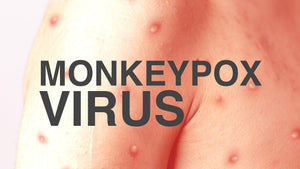
Nip It in the Bud : Preventing Post- Partum Depression
Postpartum depression (PPD) is a common issue that affects around 10 to 15 % of women after delivery. A severe form of clinical depression, it is related to pregnancy and childbirth. This is especially common amongst women who have any history of major depression. Therefore, while checking pregnancy test kit price when hoping to conceive, also research about post-partum conditions. Along with identifying the groups of women more susceptible to postpartum depression, it is important to discuss the ways in which it can be reduced or prevented altogether.
- B-Complex Vitamins
- Balanced Diet
- Rest and Sleep
- Hydrate
- Stress Management







